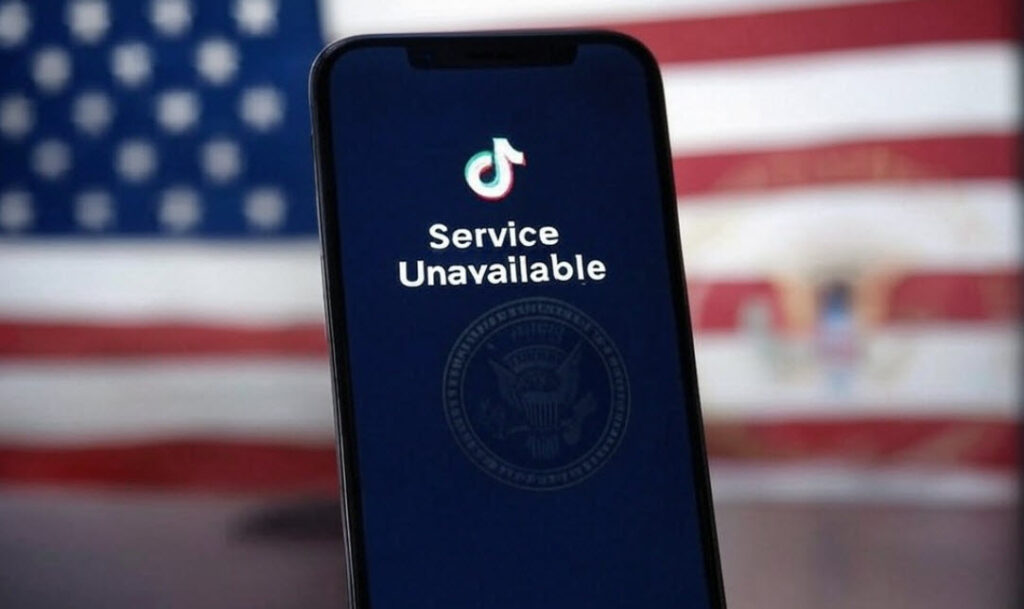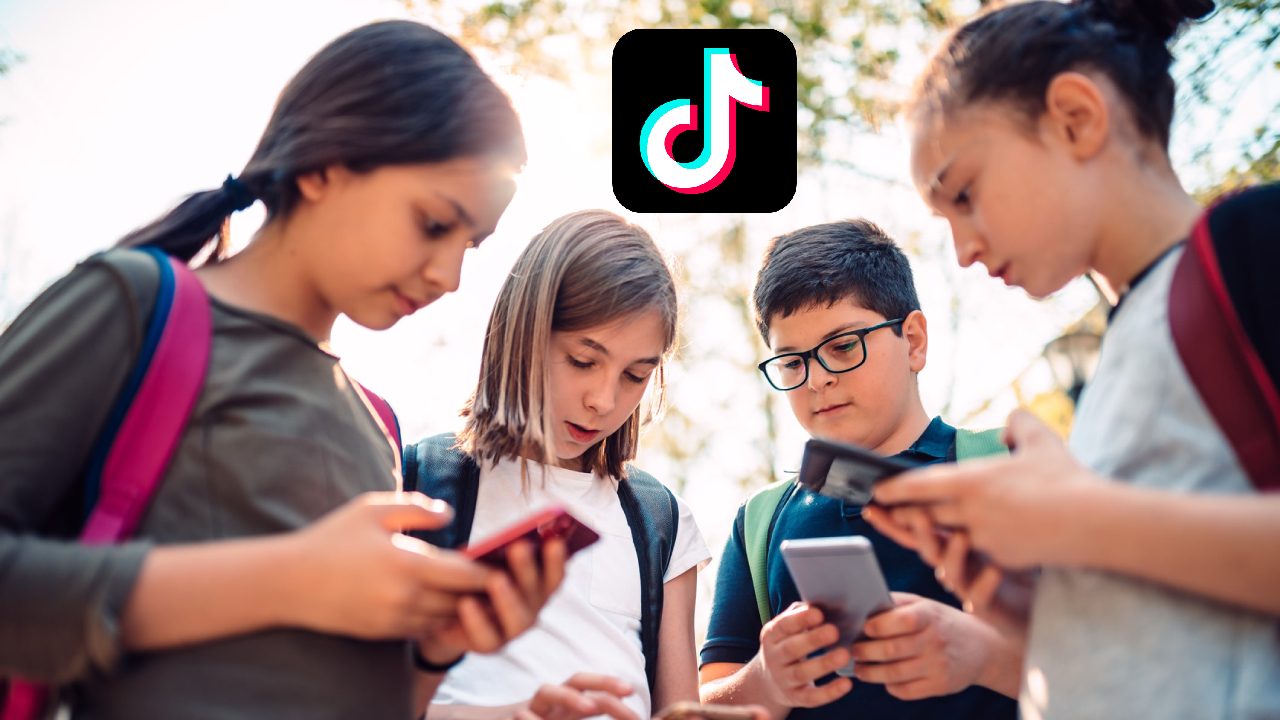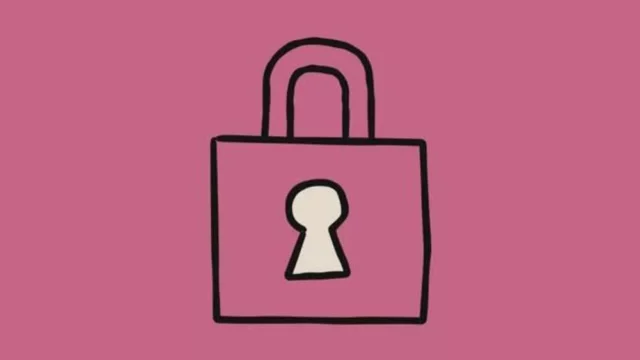In recent years, TikTok, the widely popular short-form video app owned by China’s ByteDance, has faced increasing scrutiny and restrictions worldwide. Governments cite data privacy, cybersecurity, and national security concerns as primary reasons for these actions. As of January 2025, 23 countries have implemented partial or complete bans on TikTok, reflecting a growing apprehension toward the platform.
Asia Leads with Comprehensive Bans
India stands out as one of the first nations to impose a complete ban on TikTok. In 2020, following a border clash with China, India prohibited the app, citing national security concerns. This move cut off millions of users from the platform and set a precedent for other countries in the region.
Afghanistan followed suit in April 2022, with the Taliban government banning TikTok for “misleading the younger generation.” The administration expressed concerns over content that did not align with Islamic laws.
Nepal joined the list in November 2023, implementing a complete ban due to the app’s perceived disruption of social harmony and the spread of indecent material. Nepal’s Foreign Minister Narayan Prakash Saud emphasized the necessity of managing social media platforms to maintain societal goodwill.
Europe Implements Targeted Restrictions
European nations have primarily opted for partial bans, focusing on government-issued devices. In March 2023, the United Kingdom prohibited TikTok on electronic devices used by ministers and government employees, addressing security concerns related to data handling.
Similarly, Belgium joins the TikTok banned countries, banning from all federal government work devices in March 2023, citing cybersecurity, privacy, and misinformation issues.
France took a broader approach in March 2023 by banning all “recreational applications,” including TikTok, Twitter, and Netflix, from government employees’ phones due to insufficient data security measures.
North America Responds with Legislative Measures

In the United States, concerns over TikTok’s data practices and potential ties to the Chinese government have led to significant legislative actions. In April 2024, President Joe Biden signed a law requiring ByteDance to divest its ownership of TikTok within nine months to avoid a nationwide ban. This decision impacts approximately 150 million American users.
Canada has also taken steps to address security concerns. In November 2024, the Canadian government ordered TikTok to shut down. Also ordered to close its offices and subsidiary company in the country due to national security issues. However, access to the app for users remains unaffected.
Oceania and Africa Join the Movement
Australia announced a ban on TikTok across all government devices in April 2023, aligning with actions taken by other Western nations to safeguard sensitive information.
In Africa, Somalia banned TikTok in August 2023, along with other social media and online betting apps, due to concerns over explicit content and violent extremism.
Global Implications and Alternatives
The increasing number of bans and restrictions on TikTok has led users to seek alternative platforms. Notably, RedNote, a Chinese app known as Xiaohongshu in China, has gained popularity among former TikTok users, especially in the United States. RedNote offers a blend of features similar to Instagram and Pinterest, focusing on lifestyle content. This migration underscores the dynamic nature of social media consumption and the ongoing concerns over data privacy and security.
As governments worldwide continue to evaluate the implications of TikTok’s operations, the platform’s future remains uncertain. The actions taken reflect a broader trend of scrutinizing digital platforms to protect national interests and citizen privacy.














